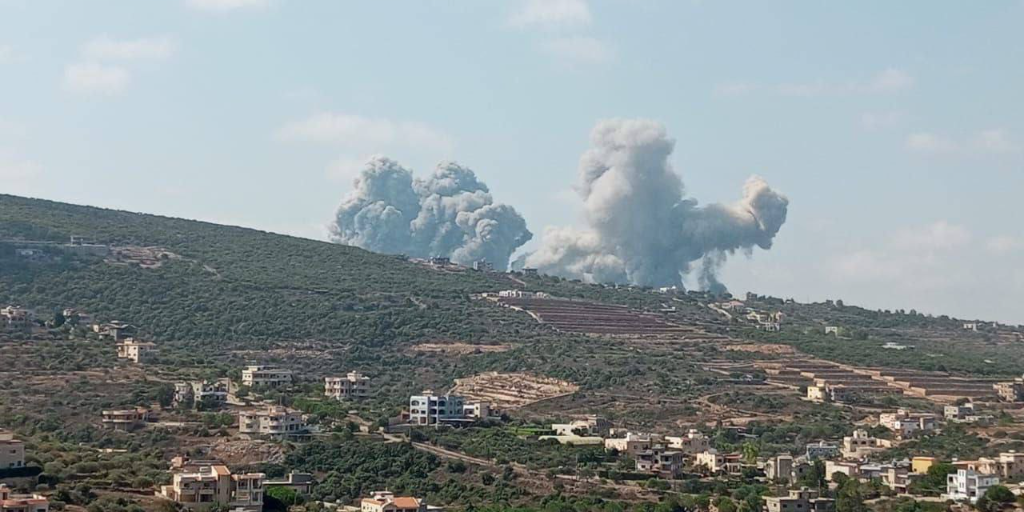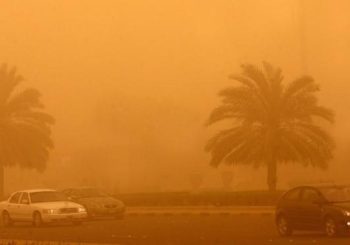Lebanon’s Hezbollah and Israel both launched several airstrikes on one another on the morning of Sunday, 25 August, threatening ongoing ceasefire negotiations and increasing chances of a regional war.
Hezbollah launched a large-scale attack against Israel at dawn, shortly after Israel’s military reported that it preemptively struck Hezbollah’s positions. Around 100 Israeli jets targeted over 40 launch sites in southern Lebanon, destroying numerous rocket launchers that were aimed at northern and central Israel, the military reported.
Hezbollah confirmed that their decision to fire hundreds of rockets and drones is retaliation for Israel’s assassination of a senior commander, Fuad Shukr, in Beirut last month.
The group primarily targeted Israeli military positions, listing 11 different bases in its statement.
The Iranian-backed militant group also highlighted that their attack is considered the “first phase” of its military response to Israel, hinting that further actions would follow in due course.
Further clarity regarding the military operation will be shared in future statements, Hezbollah concluded.
In response to the escalation, Israel’s Minister of Defence, Yoav Gallant, declared a 48-hour state of emergency nationwide.
Flights to and from Tel Aviv’s Ben Gurion Airport were also temporarily suspended, though normal operations resumed shortly after.
Tensions have been rising between the two sides, especially after a missile strike in the Israeli-occupied Golan Heights killed 12 Druze youths last month – a tragedy that Israel accuses Hezbollah of causing, which eventually led to Shukr’s assassination.
Hezbollah denied Israel’s accusations shortly after the airstrike, reversing the blame on Israel.
“Hezbollah affirms that it has no connection to the incident whatsoever and emphatically denies all false claims in this regard,” the statement reads. “Ghaleb Saif, head of the Druze Initiative, stated that the missiles that fell on the Syrian Golan and Galilee were Israeli interceptor missiles.”
Israeli Prime Minister Benjamin Netanyahu’s cabinet convened early Sunday morning to discuss further responses, though details were not immediately released. Netanyahu emphasized Israel’s resolve to defend itself, stating, “Whoever harms us – we harm him.”
However, Foreign Minister Israel Katz indicated that while Israel would respond to threats, it was not seeking a full-scale war. Katz’s statement comes in contrast with Israel’s recent escalations in the region, most notably assassinating Hamas head Ismail Haniyeh in Iran and continuously bombarding Palestinians in Gaza.
Since the onset of Israel’s military operation in Gaza ten months ago, over 40,300 Palestinians have been killed, many of whom were women and children, in addition to injuring over 93,000 more.







Comments (0)